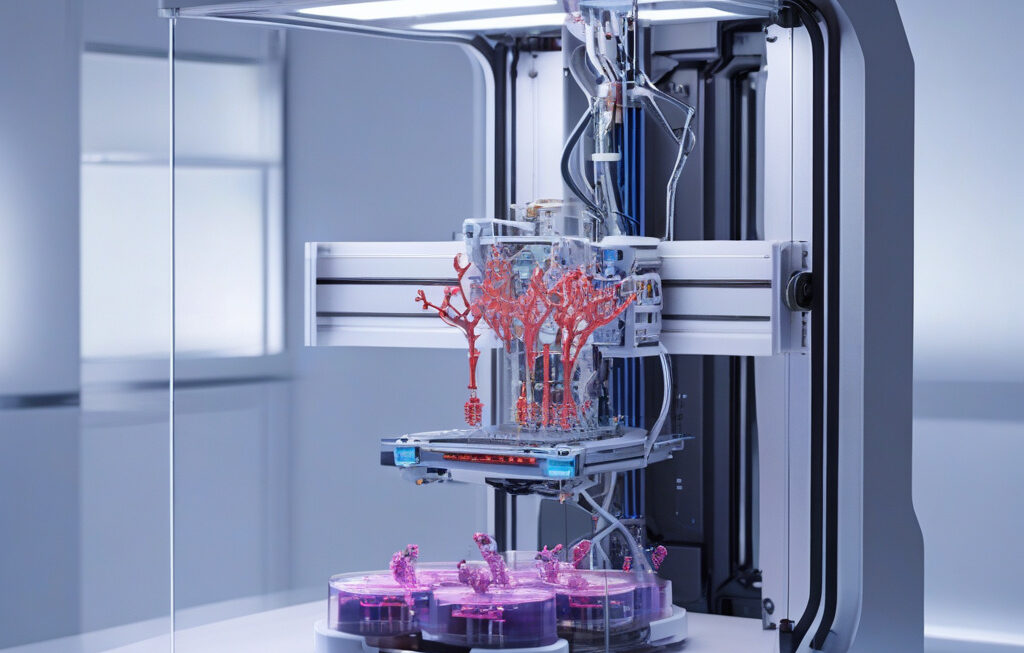Human Skin Cells Transformed into Eggs in Embryo Study, Fueling Fertility Hopes
A scientific milestone once thought impossible has been achieved. Researchers at Oregon Health & Science University have successfully transformed human skin cells into eggs in a groundbreaking embryo study. This remarkable feat has the potential to revolutionize fertility treatments, offering hope to countless individuals struggling with infertility.
The study, published in the journal Science, details how the research team used a cutting-edge technique to reprogram skin cells into primordial germ cells, which are the precursors to eggs and sperm. By carefully manipulating genetic pathways and signaling molecules, the scientists were able to coax the skin cells to develop into functional eggs within a laboratory setting.
This breakthrough holds immense promise for addressing infertility issues in both men and women. For women who face challenges with egg production, such as those with premature ovarian insufficiency or cancer survivors who have undergone chemotherapy, the ability to generate eggs from their own skin cells could offer a game-changing solution. Similarly, men who are unable to produce sperm naturally may benefit from this innovative approach through the generation of functional sperm cells in the future.
In addition to providing new avenues for fertility treatment, this research also sheds light on the complexity and plasticity of human cells. The ability to reprogram skin cells into eggs opens up possibilities for regenerative medicine, personalized therapies, and a deeper understanding of human development.
While the study marks a significant advancement in reproductive science, it is important to acknowledge the ethical considerations that come with such groundbreaking research. The manipulation of human germ cells raises questions about the implications for future generations, the potential for germline editing, and the need for stringent regulatory frameworks to ensure responsible use of this technology.
Looking ahead, the success of this study paves the way for further exploration into the field of reproductive medicine. By harnessing the power of cellular reprogramming and developmental biology, researchers may unlock new treatments for infertility, genetic disorders, and age-related fertility decline.
Ultimately, the transformation of human skin cells into eggs represents a triumph of scientific innovation and a beacon of hope for individuals and couples facing fertility challenges. As we continue to push the boundaries of what is possible in the realm of reproductive science, the potential for transformative impact on human health and well-being is truly awe-inspiring.
fertility, science, innovation, reproductive health, breakthrough












